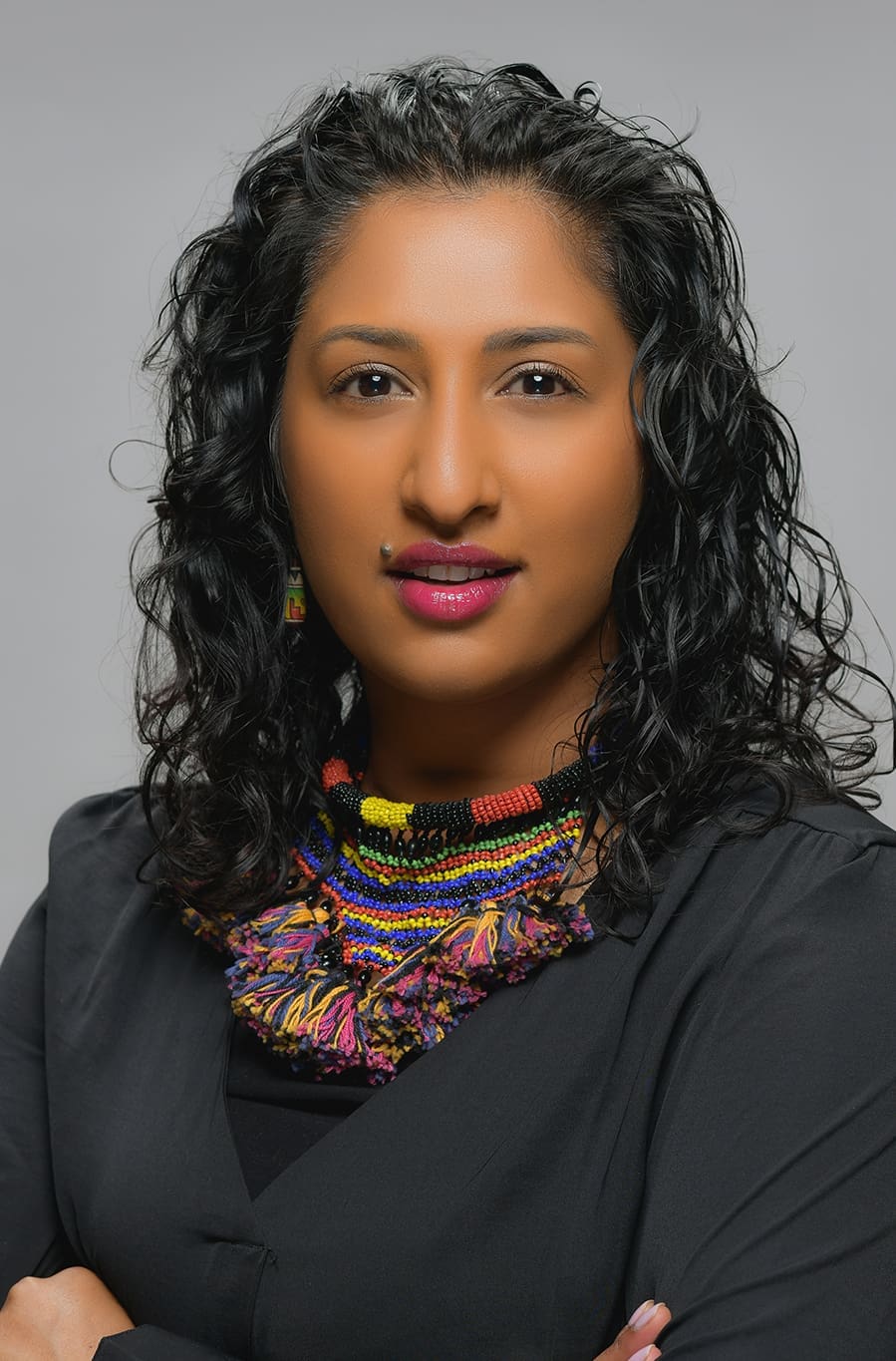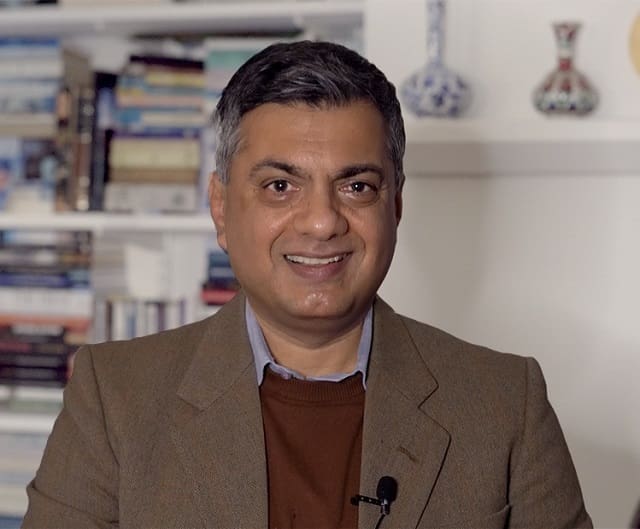70 years after Bandung:
Lessons for a New Global Order
April 20, 2025
Summary
The Bandung Conference marked a pivotal moment in the Non-Aligned Movement’s pursuit of a more representative and equitable international system, asserting independence from the competing blocs of the West and what was known as the Soviet Union. It helped crystalize the movement’s demands, priorities, and principles in its effort to reshape the international order.
Today, the world is facing another critical juncture in global politics. Multipolarity and multi-ordering are gaining momentum in global affairs, along with the growing desire among many middle powers to avoid entanglement in the camp politics stemming from the emerging great power rivalry. For middle powers, adopting multi-alignments has become a strategic way to navigate the binary choices presented by the great power competition between the US and China or Russia and the West.
Against this backdrop, the Middle East Council on Global Affairs, in partnership with Oxford University, organized a public panel discussion to explore the historical lessons of the 1955 Bandung Conference and their relevance to ongoing debates on reforming the global order. The session addressed key questions: What is the historical legacy of the Bandung Conference and the non-alignment movement? On the global order, how do contemporary groupings such as BRICS or the Shanghai Cooperation Organization resemble or differ from the Non-Aligned Movement of the past? How has the concept of non-alignment evolved into today’s practice of multi-alignment for many middle powers? What lessons does the internationalism of the Third World from the past offer for today’s search to reform or remake the international order?
Cemil Aydin, University of North Carolina – Chapel Hill
- Bandung was built upon a century-long history of racial subjugation and colonialism experienced by Asian and African societies. Prior efforts for rights and equality were made through imperial centers like London or via socialist networks, Pan-African congresses, Muslim solidarity conferences, and Asian meetings.
- Bandung represented a major shift: formerly colonized societies collectively asserting their rights and demanding an alternative world order free from empire and racial hierarchy.
- It challenged the limitations of international institutions like the League of Nations and the early UN, where colonized peoples were present. Still, it lacked real agency (“on the menu, not at the table”).
- Bandung attempted solidarity-driven emancipation, moving beyond appeals to imperial mercy towards self-organized power. It remains deeply relevant: it highlighted that colonized peoples forced global powers to address justice and equality, not out of goodwill but due to persistent resistance.
- Post-Cold War, the illusion that the global West would deliver liberal values without addressing the global South’s grievances has been exposed, especially in Palestine and broader Middle East conflicts.
Faisal Devji, University of Oxford
- Bandung emphasized plurality and disagreement, rejecting Cold War bloc mentalities and imperial homogenization. The Non-Aligned Movement emerged as a “negative” identity, not creating a third bloc, but refusing rigid alignments.
- Post-Cold War, the disappearance of an “enemy” led to zero-sum conflicts and the collapse of the inclusive logic that Bandung upheld.
- The postwar order required ideological enemies to function; the absence of such an enemy today exacerbates conflict rather than diplomacy.
- Today’s fractured order highlights Bandung’s lesson: diplomacy must embrace pluralism, compromise, and the legitimacy of ideological diversity.
- Current Global South neutrality on issues like Ukraine and Gaza represents not apathy but a return to Bandung’s principle of negative positioning, refusal to be conscripted into superpower conflicts. Furthermore, neutrality offers space for mediation and conflict resolution, essential to restoring traditional diplomacy.
Lynda Chinenye Iroulo, Georgetown University in Qatar
- African countries’ participation at Bandung was rooted in a long history of anti-colonial resistance and Pan-African organizing, which predated the 1955 conference and laid the foundation for solidarity against racialization and imperial domination.
- The Bandung Conference reinforced and deepened African commitments to regional collaboration, culminating in the establishment of the Organization of African Unity in 1963 and continuing through initiatives like the African Continental Free Trade Agreement.
- Despite progress, challenges remain in achieving the full aspirations of continental unity and economic independence.
Galip Dalay, Middle East Council on Global Affairs
- Non-alignment was not about neutrality or equidistance; it was a rejection of both Soviet and U.S.-centered visions of internationalism. It was a normative stance rooted in shared colonial histories, not just a foreign policy choice.
- Today’s concept of “multi-alignment” is pragmatic and policy-driven, contrasting with Bandung’s value-based non-alignment.
- Modern multipolarity risks becoming fragmented “multi-ordering” unless anchored in shared norms and institutions.
- Bandung shifted the geography of diplomacy: major global meetings no longer had to occur in imperial capitals but could happen in newly independent Asian and African spaces. It also helped codify universal norms (e.g., territorial integrity, non-interference) that undergird international relations to this day.
Moderator





